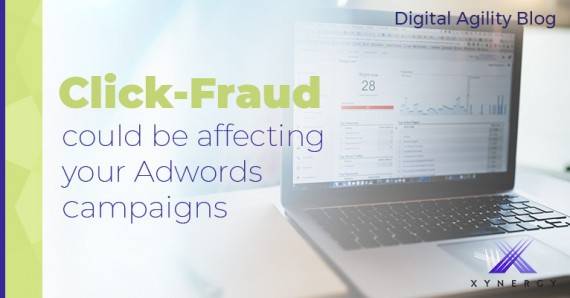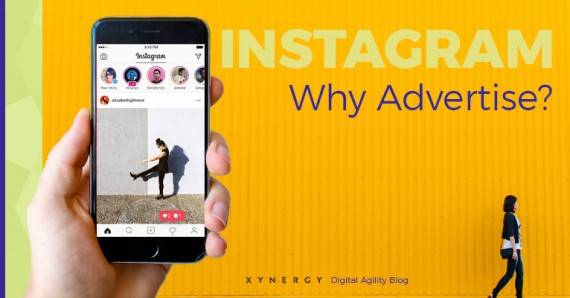In today's constantly evolving market, even the smallest of businesses are being drawn to online marketing strategies that incorporate everything from SEO to PPC, and they certainly include the ever so intriguing social media platforms. Most small business owners are very well aware that, in order to stay afloat, they need to exhaust all of their possible resources; however, most of said owners have no clue how to navigate through the dynamics of the marketing world's digital realm. One might be tempted to just go hire a guy out of college who has been tweeting his uneventful life for four years, or one may hire a girl who has successfully made 3,000 facebook friends and been tagged in over 3,000 photos (assuming she will bring the same presence to one's small business). While both of these potential hires may be overqualified to run the small business owner's personal social media accounts, neither of them realistically have any idea how to use the platforms in a business environment. As a result of hiring one of these candidates, the small business owner may end up spending $30,000 in a year with little or no return, aside from the addition of a visually stimulating profile page. This post discusses how small business' are being duped into wasting precious marketing dollars every day, as they attempt to join those thriving in the internet market.
Let's discuss the wrong ways to approach social media. Possibly the most lustful aspect of social platforms is the dollar cost. How much is facebook? Free. Twitter? Free. Foursquare? FREE! It seems flat out illogical for a small business not to start using these platforms, so what's the catch? The one thing that most don't understand is that social media costs thousands of dollars in time. Time is money; and, unless you have someone trained in social media, you are most definitely not getting your return. One common thought is, "If I get a lot of likes, my community might respect my business and increase my revenue." This mindset does make sense, but it will probably not fulfill revenue related expectations. Say you get 100 likes on your stationary store's page, then what? More people may see your updates, but they still won't see an update and say, "Wow, I really need stationary now." That's preposterous. Unless someone needs stationary, that person will not be inclined to impulsively buy stationary. The same reasoning applies to twitter. If you get 100 followers on twitter for your stationary page, you're still not likely to catch an impulsive buyer with a seductive tweet. The system of attaining likes would be much more productive, say if you were running a common restaurant like a pizza joint. In that case, you have a lot of competition, and there are hundreds of thousands of Americans who impulsively buy a slice of pizza daily. Think of fictional Bill Miller. He just got home from work, and sat at his computer to check his personal e-mail and facebook page. If the first thing Bill sees when he logs in is, "Best Slice of pizza in town at Joe's Pizza. FREE DRINK WITH PURCHASE OF A SLICE." There is a solid chance that Bill is running out for a slice. One aspect of social media that never gets recognized is the importance of using the right tools for the right business, and your seemingly social media efficient college graduate or 1980's marketing wiz will not know how to properly utilize this. Instead, they will help you self-destruct.
While I do believe it's easy to be manipulated into wasting money on social media marketing, I will argue that using social media the right way can bring you all of your expected revenue and exceed your expectations. What's the secret? Instead of spending your time trying to please your fans and followers with interesting posts, spend your time learning the analytics behind keyword research that apply towards your SEO. Match your content with the PPC model. And, find the keywords that drive organic attention to your website. For example, let's say your stationary business uses the slogan, "Environmentally friendly paper is smart paper." This slogan likely appears on your website, and in multiple places. If you start directing your facebook and twitter posts to use variations of this slogan, your business will appear higher on most search engines when people search for something like, "environmentally friendly paper." This way when Bill Miller finally needs new stationary, he will google search for stationary and your business will appear first, attracting Bill and his wallet. Finding the right keywords is the essential aspect of the formula, and it's not as easy as looking at your slogan. There are several variables that lead to dozens of statistics which help one figure out how to truly optimize SEO. The pay-per-click model is just one form of SEO that directly correlates keywords with the amount of traffic that those words are producing.
Ultimately, if social media is properly used for the purpose of boosting SEO, any business can profit exponentially. In conclusion, find the right people to do your research. Find the people who know how to read analytics. Find the people who know how to do keyword research. And, find the people who will optimize your business through a proven system of online marketing. It's harder than you know, but easier than you think.





